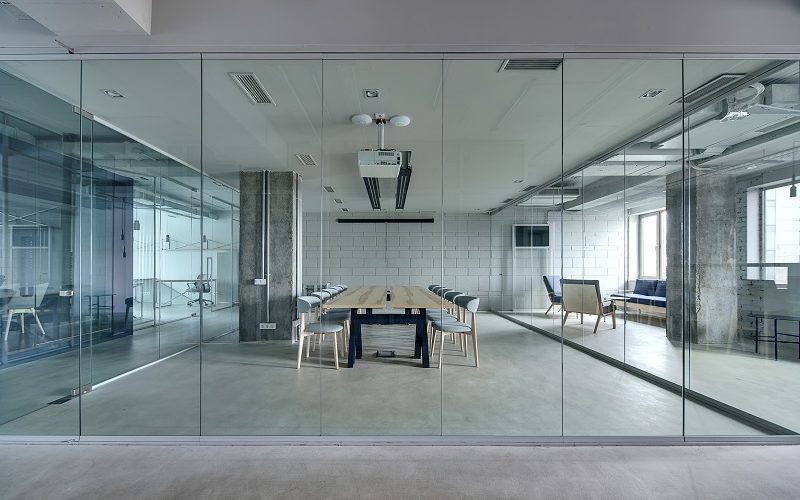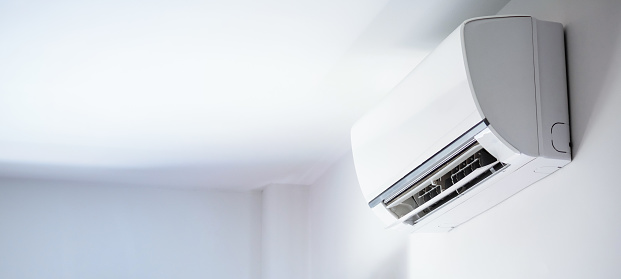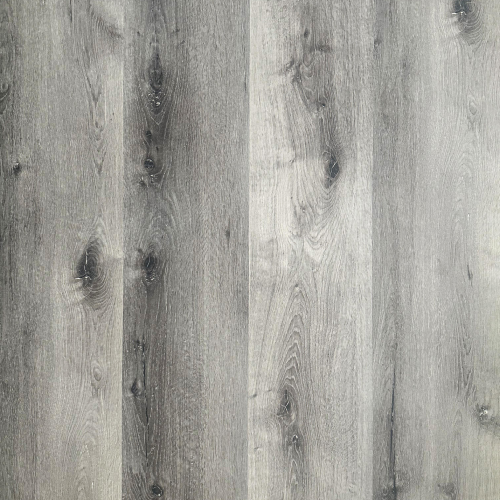
Partition walls are usually no-load bearing structures made commonly with bricks or glass and may be of foldable, collapsible, or even fixed varieties. There can also be load-bearing partition walls, commonly referred to as internal walls.
The importance of solutions offered by partitions Melbourne companies are best understood by families living in cozy apartments in cities where separate spaces need to be carved out to ensure privacy. Partitions can be tailor-made to serve a variety of purposes and come in different types and designs, depending on the type of building materials used.
The most common variations of partitions are:
- Brick partitions
Plaster coated on both sides, held by mortar and cement, these structures are known for their economical and bond strength aspects. Durability, recyclability, reusability, non-flammable, sound-proof, and environment friendly nature of the material manufacturing process makes it a popular choice. So, with the advantages offered by partitions Melbourne companies for brick partition, there are certain disadvantages associated with these partitions. While they take more time to build, these are unsuitable in seismic zones. These can cause fluorescence effect if remains unexposed to air for a long time and are also difficult to clean due to their texture.
- Concrete wall partitions
Made out of a slab made of concrete material, it may be reinforced or a plain type, with lateral support by vertical steel beams. They are usually used for walls that have a thickness of less than 10cm. The main advantage of having a concrete partition is its resistance to earthquakes; however, it is not an economical option due to the cost of the framework.
- Glass partitions
This type usually feature sheets of glass held in a wooden frame or may be made of hollow blocks of glass in a variety of shapes, sizes, and thicknesses. Mainly translucent blocks are used which are also quite lightweight. Some partitions Melbourne companies offer benefits like low price of material, simplicity of maintenance, and resistance to moisture and sound. Glass blocks do not require wooden frameworks to hold.
- Straw-board partition wall
Made of compressed straw and hardboard, this type of partition is used when they’re a requirement to make frequent alterations to the partition wall. Advantages may include heat and sound resistance, however are inflammable in nature and may pose a fire hazard.
- Plaster-slab partition
Manufactured by combining wood and plaster of Paris, partitions Melbourne companies make use of these slabs that are fixed in place by the use of simple nails and screws. They can be tailored to provide either a rough or a smooth surface.
- Wood partition
Long with the features like ease of construction and light-weight nature, this type is very popular when the aesthetics of living space is of utmost importance. Partitions Melbourne companies provide solutions that are held in place by fixing to a side-wall and attached to the floor as well. Some of the main disadvantages are they are not fire and damp-proof solutions.
- Double-glazed partition
The primary objective of this partition type is the acoustic insulation requirement and consists of two panes situated at a distance of at least 50mm. A layer of air between the panes acts as a bad conductor of sound and vibrations are transmitted at lower frequencies. They are majorly used for boardroom spaces in office.
The concept of home has long changed and is no longer restricted to the idea of a structural feature a roof and four walls. Modern-day households are usually compact where a variety of activities happens throughout the week. Hence, living spaces need to be carved out that are specifically designed for different activities, be it unwinding after a long day at work, spending some quality family time, or having guests over. Partitions Melbourne companies offer customized solutions while dealing with the requirement of dividing a room or separate one area from another in a compact home.





